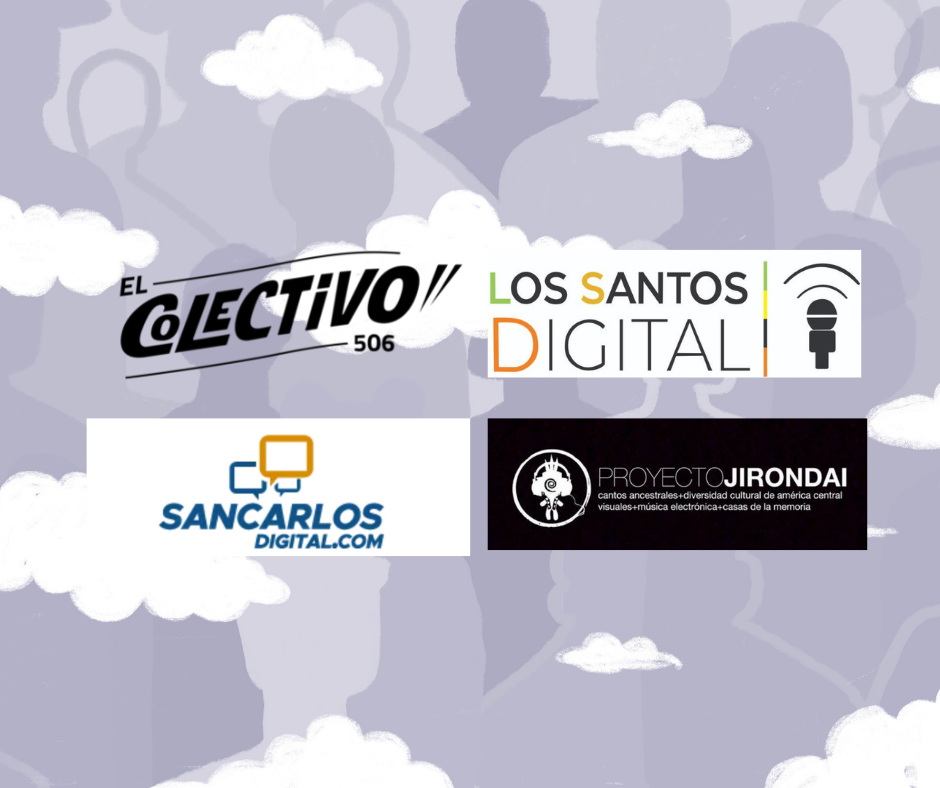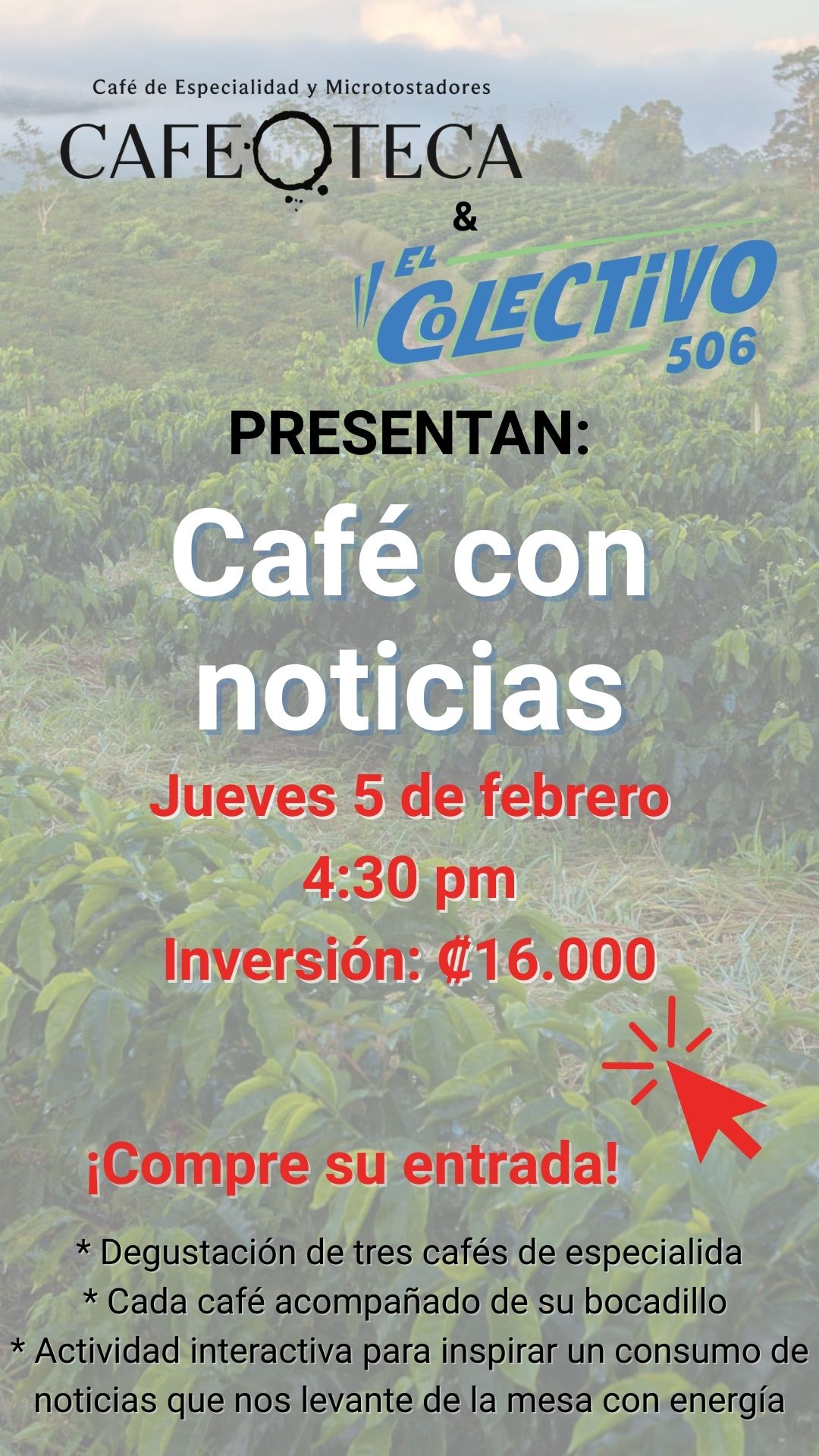“Silence. Because suicide feeds on silence.”
That’s what psychologist and suicide specialist Catalina Calderón, of the Central-North Health Region, told me yesterday when I asked her to name the biggest cultural challenge facing those who seek to address Costa Rica’s mental health issues.
And that’s what El Colectivo 506 will be working to address during this month’s edition. By telling stories about mental health, but also by reaching out to other media and journalists, we hope to become part of a growing movement in Costa Rica to break the silence and encourage more open conversations about mental health. It’s an urgent task in a country that’s known for its “pura vida” and “happiest nation on Earth” labels, but whose depression and anxiety rates surpassed world averages during the pandemic.
As Catalina explained to me, open discussions of mental health can save lives. They also make all of our lives better. At El Colectivo 506, our primary focus is solutions journalism from and about rural Costa Rica, where the crisis is even more critical. These communities bore the brunt of the economic impact from the pandemic, and they also have fewer mental health resources than urban areas. They also sometimes experience greater degrees of stigma around these issues.
This month, we’re on two missions, which I’ve developed as a Rosalynn Carter Fellow for Mental Health Journalism 2021-2022. One is to publish information about the people working to improve mental health in Costa Rica, especially in rural areas. But the second is even more important: to support rural media organizations and journalists that are preparing to create reports in the coming months on mental health problems and solutions in their own communities. They’re the ones who can tell the most important stories—the ones that only they can find.
I’m so proud to introduce the first three Rural Media Partners for our Mental Health Route, a permanent channel where we hope to share mental health reporting every month from now on. They are San Carlos Digital and Los Santos Digital, two rural, women-led, women-founded rural digital media organizations that we featured in our September edition, “Infodemic”; and Proyecto Jirondai, an organization that works to support and preserve indigenous culture. Journalists representing all three projects have joined us for a series of three workshops on mental health journalism and will be preparing reports for our Mental Health Route in July and August.
Will you join us: as a reader, as a journalist, as a community leader?
- For Costa Ricans and residents: If you’re part of a Costa Rican community, you can help us simply by letting us know about an individual, organization or other entity that is improving mental health in your area. Our short survey invites Costa Ricans and international residents to share ideas with us that could become future stories on this channel. It can be answered anonymously. Share your suggestion at sala506.com/saludmental.
- For journalists: Join our ongoing workshop series on mental health for communicators. We’re be discussing and sharing resources that help journalists not only to cover mental health, but also to care for our own mental health during these mind-boggling times. Join our Network 506 right here.
- For organizations: Contact us at [email protected] for more information on becoming part of our Mental Health Route, a permanent channel for mental health solutions journalism in Costa Rica, so that we can include more and more rural journalists and media organizations in this effort.
- For readers: Stay abreast of our progress by signing up for our free Weekly Reader, and consider an Annual Membership to support our newsroom so we can hire rural reporters to help us build this effort from their communities.
Why now? Because there’s only one good thing about the fact that more people than ever before are suffering simultaneous mental health challenges: awareness is also at an all-time high.
Ángelo Arguello, of the College of Psychologists, says Costa Rica can’t afford to miss this moment. “For mental health specialists, the pandemic, well-managed, is a golden opportunity.”
Help us grab it—and stay tuned for our first longform of the month on Friday.






